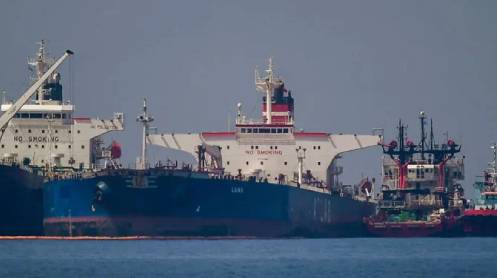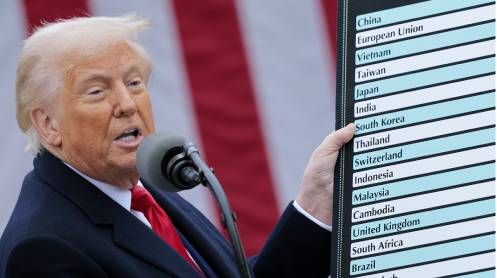In a move to stabilize domestic prices and facilitate refinery maintenance, Russia has announced a six-month prohibition on gasoline exports starting March 1. The ban, approved by Prime Minister Mikhail Mishustin and confirmed by Deputy Prime Minister Alexander Novak, aims to address surging demand from consumers and farmers while mitigating the impact of recent attacks on Russian refineries.
Deputy Prime Minister Novak emphasized the necessity of stabilizing prices amidst increased demand for petroleum products. The decision, which follows a proposal from Novak, underscores the government’s commitment to ensuring stability in the domestic market, particularly ahead of the upcoming presidential election.
The ban, not extending to select regions and countries, including member states of the Eurasian Economic Union, Mongolia, Uzbekistan, and certain Russian-backed territories, seeks to safeguard Russia’s energy infrastructure and maintain a strategic reserve of gasoline.
Russia’s gasoline exports, accounting for approximately 13% of its production, are vital for its economy and global energy dynamics. The recent ban is a precautionary measure amidst ongoing geopolitical tensions and disruptions in the energy sector.
Meanwhile, global oil markets have shown signs of uncertainty, with prices edging higher amid speculation over a potential ceasefire in Gaza and expectations of OPEC+ extending voluntary supply cuts. Brent crude futures rose to $83.3 a barrel, while U.S. West Texas Intermediate crude futures climbed to $78.45, highlighting market concerns over geopolitical risks and supply dynamics.
The decision by Russia to halt gasoline exports reflects broader efforts to manage supply and demand dynamics in the energy market. As geopolitical tensions persist and global oil demand evolves, the impact of such measures on both domestic and international markets will continue to be closely monitored.





